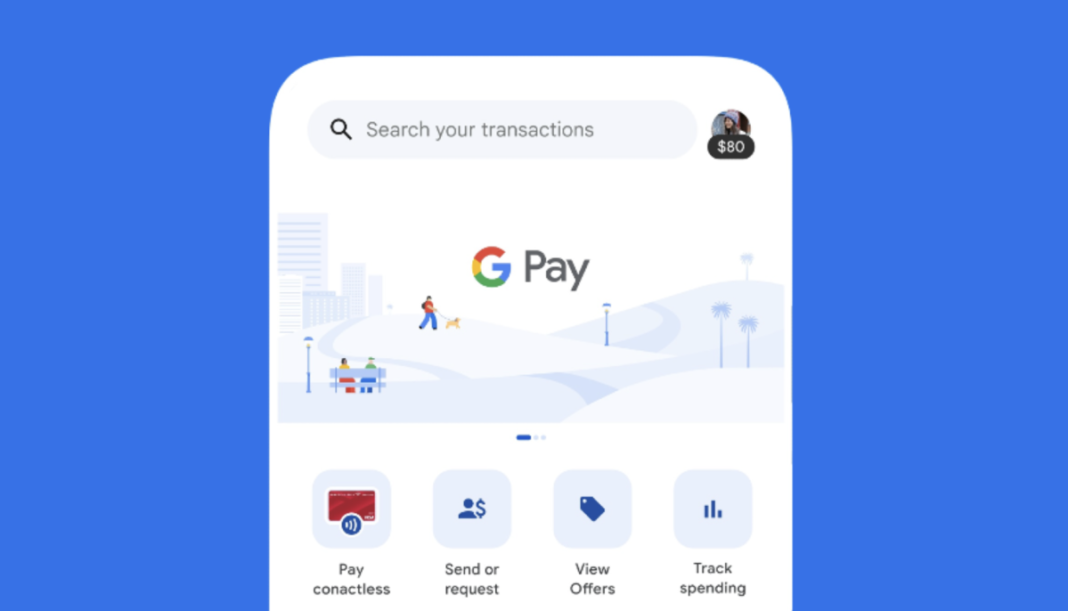Google Payment Corp Under Federal Supervision
The Consumer Financial Protection Bureau (CFPB) has ordered federal supervision of Google Payment Corp after determining it poses risks to consumers. Learn more about the implications of this decision below.
CFPB Orders Federal Supervision of Google Payment Corp
The CFPB recently announced its decision to supervise Google Payment Corp, focusing on the Google Pay app and its peer-to-peer payment service. The order comes after the CFPB found that Google’s handling of erroneous transactions and fraud prevention raised concerns among consumers.
According to customer complaints, Google failed to adequately investigate erroneous transfers and explain the findings of its investigations. Additionally, the order stated that Google did not do enough to prevent fraud, prompting the CFPB to take action.
Google has challenged the decision, citing government overreach and stating that the peer-to-peer payments service in question has been discontinued in the US. Despite this, the CFPB’s order stands, indicating a need for supervision regardless of the discontinuation of the service.
Conclusion
The CFPB’s order for federal supervision of Google Payment Corp highlights the importance of consumer protection in the digital payment space. As the case unfolds in court, the outcome will have implications for how financial institutions handle transactions and prevent fraud in the future.
FAQs
1. What prompted the CFPB to order federal supervision of Google Payment Corp?
The CFPB cited concerns related to Google’s handling of erroneous transactions and fraud prevention as the reasons behind the decision.
2. How has Google responded to the CFPB’s order?
Google has challenged the decision, claiming government overreach and emphasizing that the peer-to-peer payments service in question has been discontinued in the US.
3. What risks were identified by the CFPB in relation to Google Payment Corp?
The risks identified by the CFPB were tied to Google’s handling of erroneous transactions and its lack of adequate fraud prevention measures.
4. Does the CFPB’s order imply wrongdoing on Google’s part?
The CFPB’s order does not constitute a finding of wrongdoing but rather indicates risks that need to be addressed through supervision.
5. How does the discontinuation of Google Pay impact the CFPB’s decision?
While Google Pay has been discontinued, the CFPB maintains that this does not exempt Google from supervision, though it may influence the decision to conduct an examination.
6. What future implications could this case have for digital payment apps?
The outcome of this case could set a precedent for how digital payment apps handle transactions, investigate errors, and prevent fraud to protect consumers.
7. How has Google defended its peer-to-peer payment service in response to the CFPB’s order?
Google has maintained that the peer-to-peer payments service never posed risks to consumers and has taken legal action to challenge the CFPB’s decision.
8. What role does the CFPB play in overseeing financial institutions?
The CFPB monitors banks, credit unions, and other financial institutions to ensure compliance with consumer protection laws and regulations, including the supervision of digital payment apps.
9. How does the CFPB’s order impact Google’s reputation in the financial services industry?
The CFPB’s order raises questions about Google’s practices in handling financial transactions and could influence how the company is perceived in the financial services sector.
10. What steps can Google take to address the concerns raised by the CFPB?
Google can work towards improving its investigation of erroneous transactions, enhancing fraud prevention measures, and demonstrating a commitment to consumer protection to address the CFPB’s concerns.

